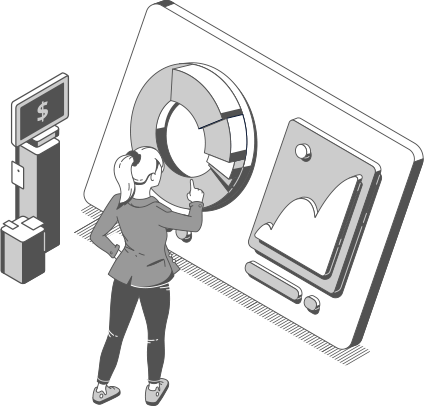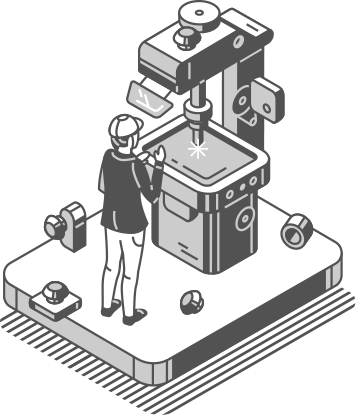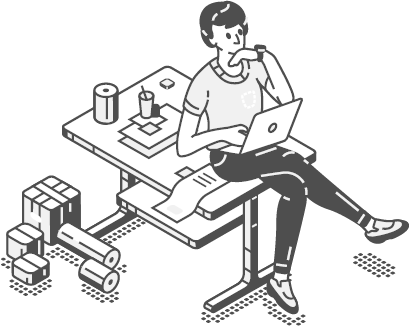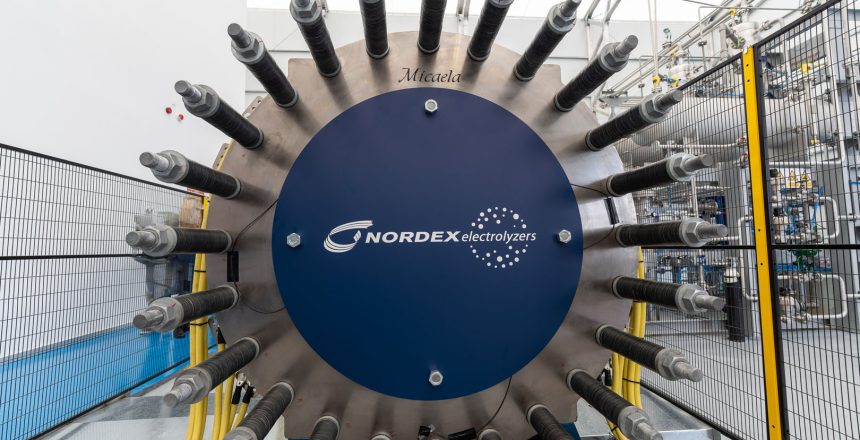The two companies are developing the Recafel project. The aim of this initiative is to advance research into cooling solutions for electrolysers through an innovative technology that uses devices called ‘thermosyphons’. Its development will not only boost this field, but will also position both companies as leaders in the energy transition.
Thermosyphons facilitate heat transfer through the evaporation and condensation of a fluid. Thus, in addition to being a completely innovative technology, they ensure a more efficient and reliable process compared to traditional methods, such as water recirculation circuits.
‘Our proposal is simple in appearance, but of great technical complexity. Its application will allow us to make a qualitative leap in the cooling of electrifiers, helping us to optimise their technical performance and significantly reduce their operating costs,’ explained Luis Solla, CEO of Nordex Electrolyzers. This company, by the way, is supported by Sodena, a public company dependent on the Government of Navarra, which through its Invest in Navarra area aims to attract national and international projects whose implementation can consolidate and represent added value for the productive fabric of the region.
On this basis, the Recafel project has received funding of 243,250 euros, thanks to the support of the Government of Navarre and the European Regional Development Fund. Thanks to this financial backing, Nordex Electrolyzers and Alaz Arima will be able to carry out the necessary research and tests to validate this technology until its commercial implementation.
According to Solla, ‘the hydrogen sector is in full expansion and Recafel offers us the opportunity to lead a necessary change to make the production of this non-polluting and renewable fuel more efficient and sustainable’.
Furthermore, this type of research could play a key role in the development of new industrial applications which, in turn, could lead to greater competitiveness in the green hydrogen sector. ‘This is a unique opportunity to generate disruptive technology that will not only benefit our companies but the entire energy industry,’ said the CEO of Nordex Electrolyzers.
THE RENEWABLE ECOSYSTEM OF NAVARRA
Navarre is a pioneer and European benchmark in the production of renewable energies, with a historic technological and industrial commitment that has driven the development of new global standards in wind energy.
This sector is the third most important in the region, after the automotive and agri-food industries, and has a solid industrial network made up of more than 110 companies, which represent 10% of industrial employment and generate a turnover of 4,500 million euros, equivalent to 5% of the region’s GDP. It is also the second largest export sector in Navarre, mainly in the manufacture of wind turbines and their components.
The existing dense industrial fabric covers all links in the value chain, including a large renewable energy operator, Acciona Energía, and two large OEMs: Siemens Gamesa and Nordex-Acciona Windpower. There is also a group of SMEs that provide high added value in specific components such as blades, control systems, bearings and gearboxes. All those interested in further information on the renewable energy ecosystem in the region can do so by clicking on this link.
Source: Navarra Capital




